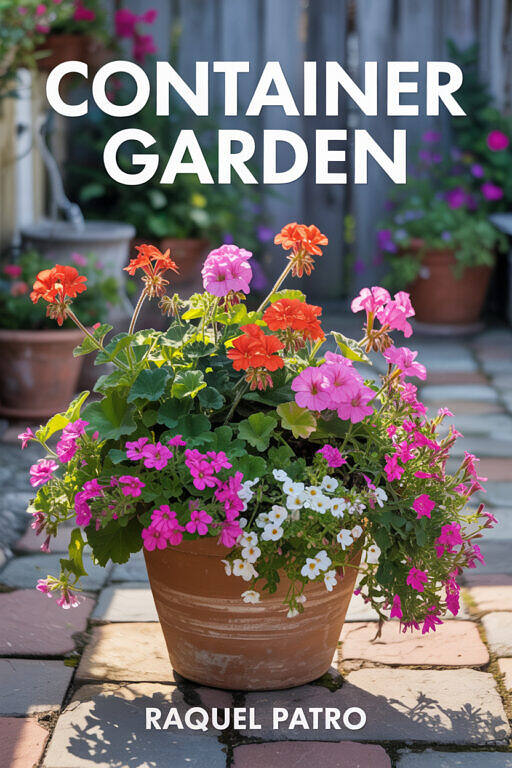
In this tumultuous period of social isolation, I found myself reflecting on how many people are struggling to find the peace they desperately need in this complex moment of human history. This brought to mind the tale of the 1001 Nights and how its ancient wisdom resonates so deeply in today’s times. For those who may not recall or are unfamiliar with the story, it tells of Sultan Shahryar, the king of Persia, who discovers his wife’s infidelity, as she sleeps with a different slave every time he is away. Disappointed and furious, the king kills both the woman and the slave, and convinced by this and other instances of betrayal, he concludes that no woman in the world can be trusted. He decides that henceforth, he will sleep with a different woman every night, ordering her execution the following morning, ensuring he will never be betrayed again.
Three years pass during which the king marries and sacrifices countless maidens, brought to him by the kingdom’s vizier. One day, when scarcely any virgins remain in the realm, one of the vizier’s daughters, the beautiful Scheherazade, offers herself as the king’s bride, as she has a plan to escape the grim fate that befell her predecessors. After much insistence from his daughter, the vizier reluctantly agrees and escorts her to the king. Before departing, Scheherazade asks her sister, Dunyazad, to request that she tell a story when summoned to the king’s palace.
Upon entering the presence of the king, Scheherazade asks for permission to have her sister bid her farewell. The king grants this, and Dunyazad joins them in the bridal chamber. After the king marries Scheherazade, Dunyazad asks her sister to tell a story to pass the time. With the king’s respectful consent, Scheherazade begins to narrate a captivating and extraordinary tale, but as dawn breaks, she interrupts the narrative, promising to continue the story the next night. Intrigued by Scheherazade‘s marvelous tale, the king spares her life to learn the conclusion the following night. Employing this strategy repeatedly, Scheherazade survives night after night, recounting stories on a myriad of topics, including the well-known tales of Aladdin, Sinbad, and Ali Baba. After countless nights and tales, Scheherazade bears three children for the king, and she implores him to spare her life for the sake of their children. The king, long regretting his past actions and recognizing Scheherazade‘s dignity, pardons her life and makes her his permanent queen.
During this period of social isolation that the entire world is undergoing, we, like Sultan Shahryar, have the opportunity to either daily extinguish our hopes with distrust of the future, bitterness, anguish, loneliness, tension, and stress, or we can choose to spend this time like Scheherazade, renewing our hopes, enjoying ourselves, engaging our families, and learning a great deal! So that when all of this comes to an end, both we and the world around us will be different from when it all began. Different, but in a better way. Improved, evolved!
And guess what? Just as in the captivating tales of Scheherazade, home gardening is a powerful tool we can have as our ally in these times. It can provide us with deep insights into nature and ourselves. Moreover, it can contribute to our physical, mental, and spiritual well-being, both directly and indirectly. Here are some advantages that gardening can offer us during this period:












